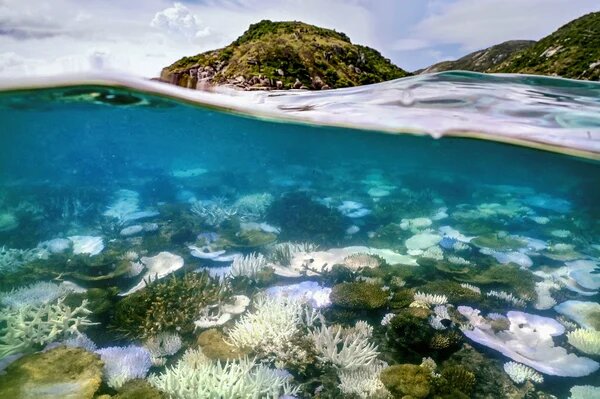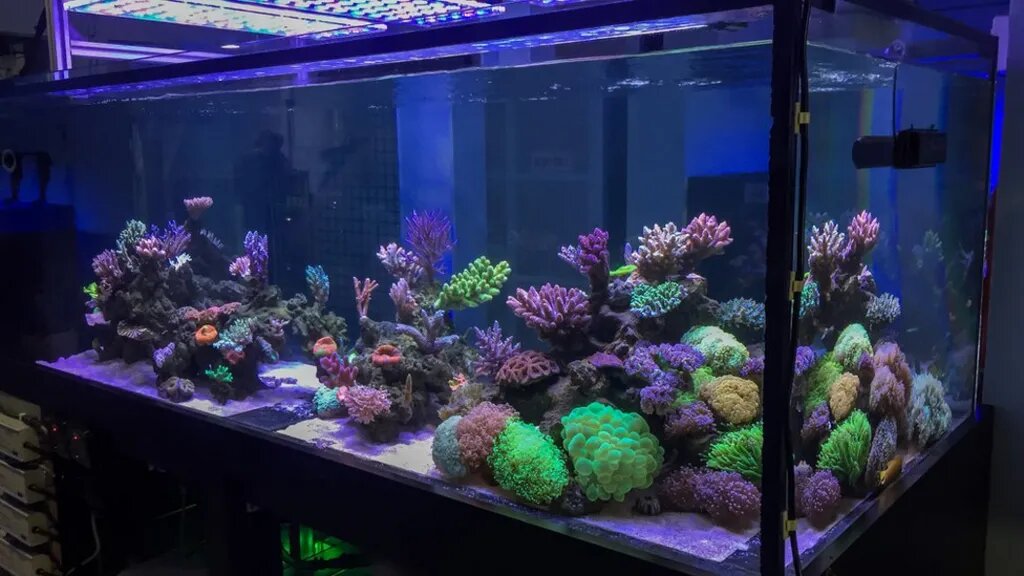Like pairs of animals boarding Noah’s Ark, corals were carefully introduced to their new habitat at Burgers’ Zoo in the Netherlands this Monday. Divers delicately placed these self-bred corals, part of the World Coral Conservatory project, into Europe’s largest coral reef.
The significance lies in their known origin, a crucial aspect highlighted by Nienke Klerks, a biologist at the Royal Burgers’ Zoo. With precise knowledge of their source, these corals hold the potential for reintroduction into the wild, offering hope amidst the struggles faced by their counterparts in natural habitats.
Coral reefs worldwide are under immense pressure, primarily due to bleaching triggered by rising sea temperatures. While these conservation efforts won’t single-handedly counteract the impacts of climate change, they represent a step towards broader solutions.
The World Coral Conservatory initiative aims to establish a repository of corals across European aquariums, providing a lifeline for struggling reef ecosystems.

In collaboration with zoos in France and the Monaco Scientific Center, the Dutch zoo received over a dozen coral fragments from the Seychelles.
Since 2022, the Dutch zoo has been nurturing these corals, meticulously cultivating them in a controlled environment to ensure their growth and adaptability. Pascal Kik, a zookeeper, emphasized the importance of understanding their needs to facilitate their integration into the reef.
During the transfer, each coral was showcased for reporters, resembling a mushroom or decorative cookie, before being carefully positioned in the tank.

While most corals at the zoo are not sourced from the wild, their origins are crucial for successful reintroduction efforts, contrasting with the challenges posed by coral poaching.
Corals serve as a cornerstone species in marine ecosystems, supporting a myriad of marine life. Mark Eakin, executive secretary for the International Coral Reef Society, stressed the urgency of conservation efforts, given the integral role of coral reefs in sustaining marine biodiversity.
Despite differing opinions on the scale of restoration efforts, the consensus remains that every contribution counts.
Ronald Osinga, a marine biologist at Wageningen University, acknowledges the gravity of the situation and views projects like the Dutch Zoo initiative as a viable backup plan in safeguarding coral reef ecosystems from collapse.
